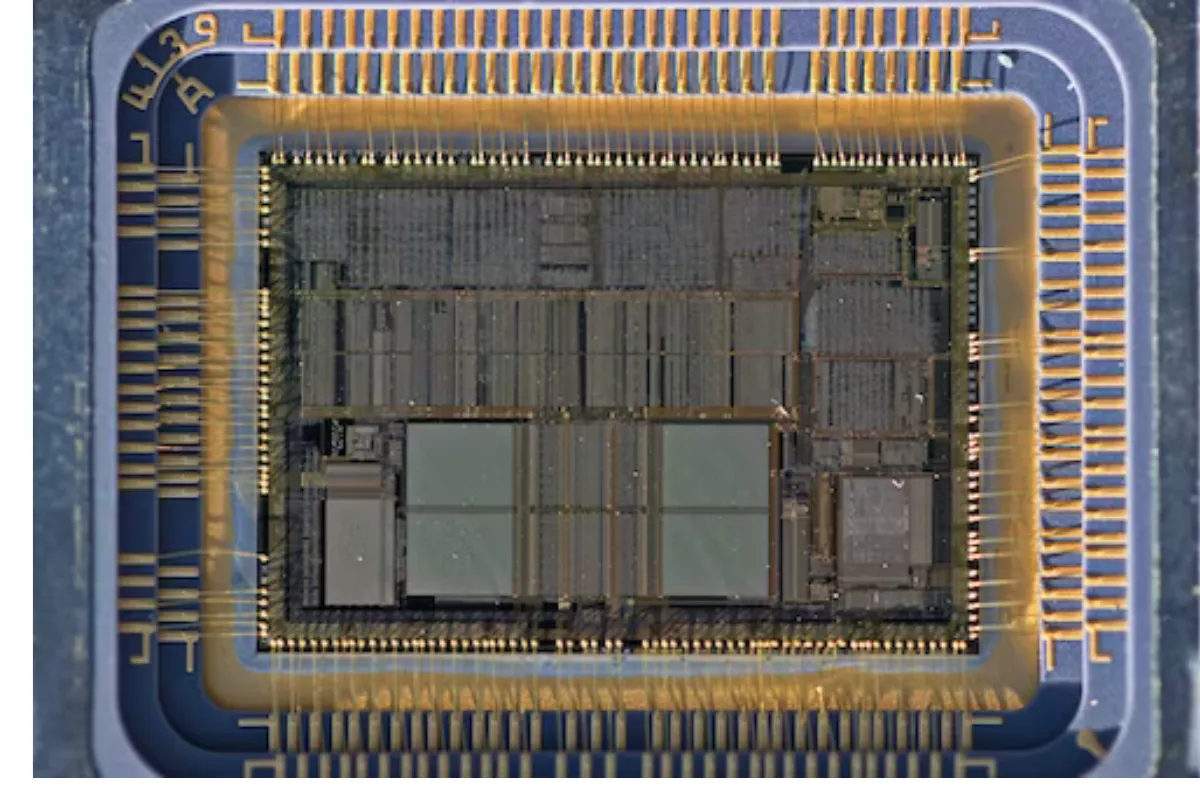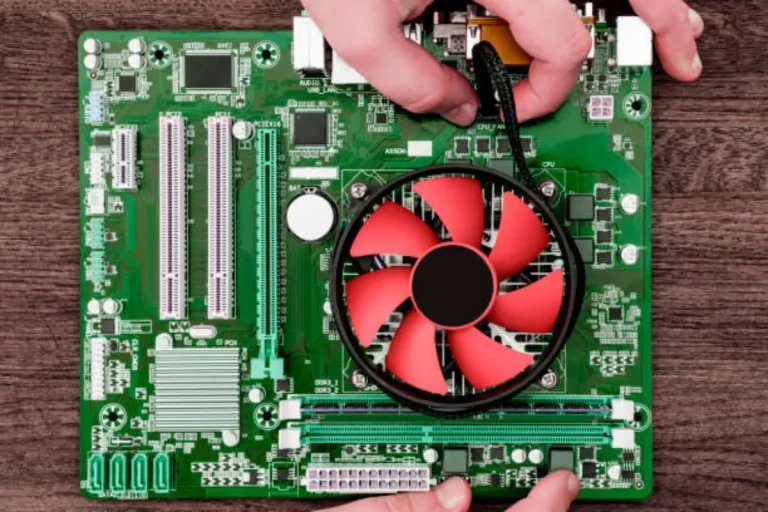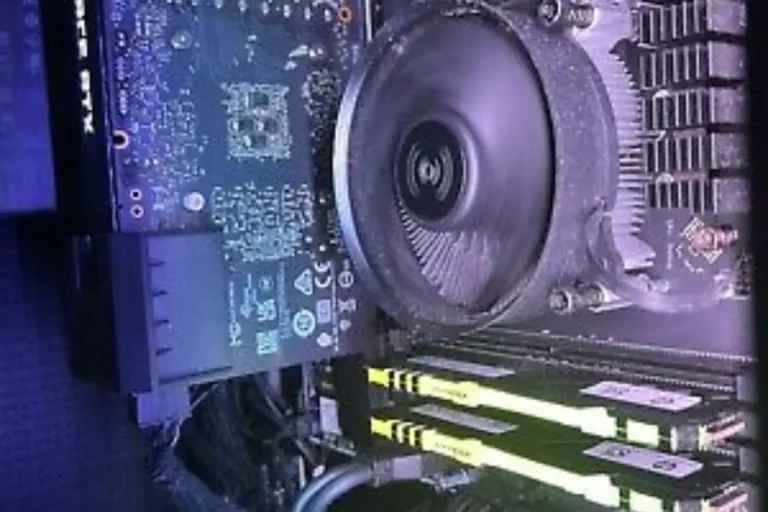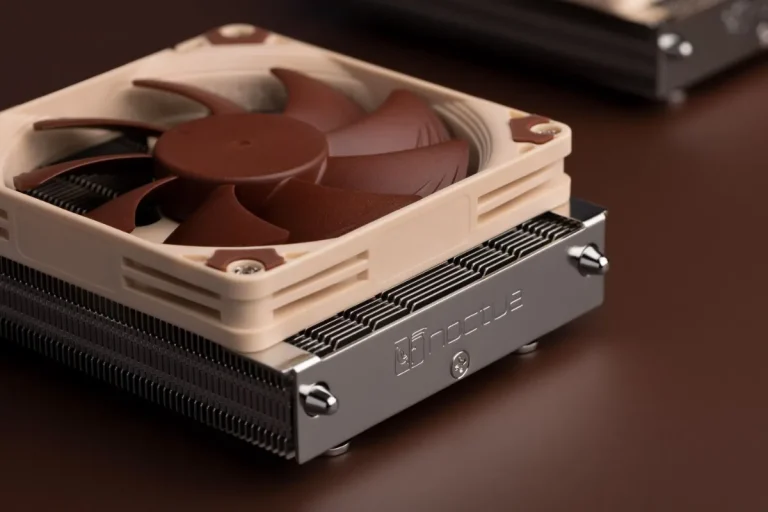Are CPU coolers universal?
Are you wondering if CPU coolers are universal? Well, let’s dive into the fascinating world of computer hardware! CPU coolers play a crucial role in keeping our computers running smoothly, but there’s a common misconception that they are one-size-fits-all. In this blog post, we’ll uncover the truth about CPU cooler compatibility and help you understand how to choose the right one for your setup.
Factors Affecting CPU Cooler Compatibility
Before rushing to buy a CPU cooler, it’s essential to understand the factors that determine its compatibility with your specific processor or motherboard. By considering these factors, you can ensure a seamless fit and optimal performance. Let’s dive in and explore the key considerations.
CPU Socket Type
The CPU socket type is like a keyhole determining which CPU cooler fits your processor. Different processors and motherboards have varying socket designs, such as Intel’s LGA or AMD’s AM4. It’s crucial to check if the CPU cooler you’re eyeing matches the socket type of your CPU. Mismatched socket types can render the cooler useless.
TDP (Thermal Design Power)
TDP refers to the amount of heat a CPU generates under typical workloads. It plays a significant role in CPU cooler selection. Coolers are designed to handle specific TDP ranges, and it’s crucial to choose one that can effectively dissipate the heat generated by your CPU.
Going for a cooler with a lower TDP rating than your CPU’s can lead to overheating and performance issues.
Physical Dimensions
CPU coolers come in various sizes, with different heights, widths, and lengths. It’s vital to consider the available space inside your computer case to ensure the cooler will fit without obstructing other components.
Additionally, check if there’s enough clearance between the cooler and nearby components like RAM modules or graphics cards.
Compatibility of CPU Coolers with Different Socket Types
When it comes to CPU cooler compatibility, one crucial aspect to consider is the socket type of your processor. Different processors from Intel and AMD utilize distinct socket designs, and understanding these differences is essential for a successful cooler installation.
Comprehensive List of Common CPU Socket Types
To ensure you choose a compatible CPU cooler, it’s helpful to have an overview of common socket types. Examples include Intel’s LGA 1151, LGA 1200, and AMD’s AM4. Each socket type corresponds to specific generations and models of processors.
Checking your CPU’s socket type and cross-referencing it with the cooler’s compatibility list is crucial to finding a match.
Differences Between Intel and AMD Sockets
Intel and AMD utilize different socket types due to variations in their processor designs. Intel’s sockets typically have pins on the motherboard, while the CPU itself has contact points. On the other hand, AMD’s sockets have pins on the CPU, which align with the motherboard’s holes.
These differences impact CPU cooler compatibility, as the cooler’s mounting mechanism must align with the socket design.
Impact on CPU Cooler Compatibility
The differences between Intel and AMD sockets mean that coolers designed for Intel sockets may not fit on AMD motherboards and vice versa. It’s crucial to choose a CPU cooler explicitly designed for your processor’s socket type to ensure a secure fit and optimal cooling performance.
CPU Cooler Mounting Mechanisms
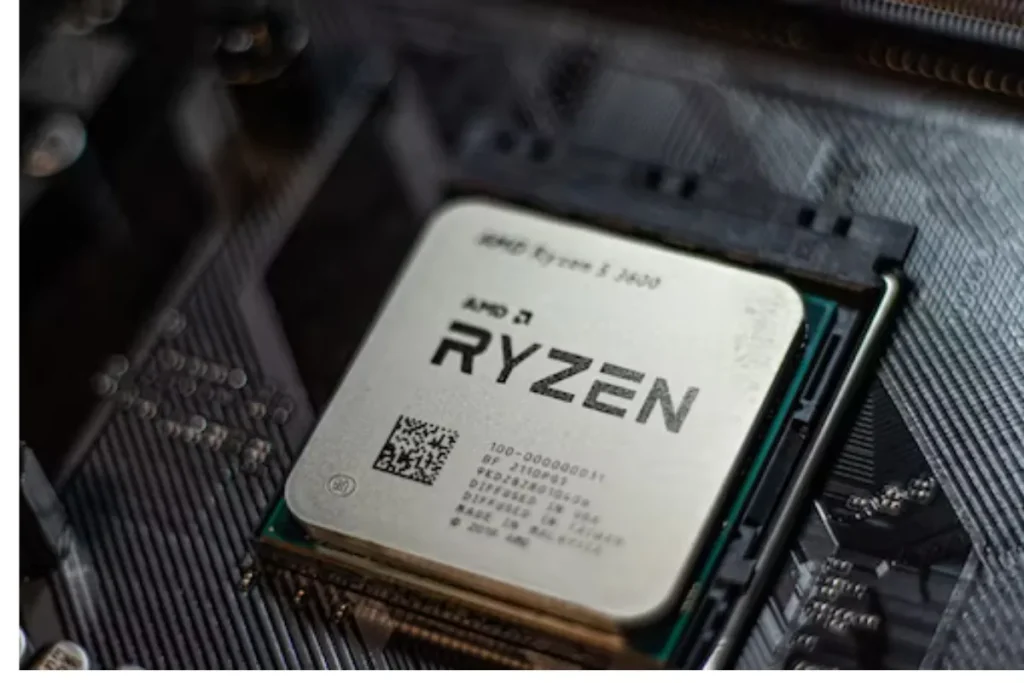
When installing a CPU cooler, understanding the different mounting mechanisms is crucial. These mechanisms determine how the cooler attaches to the motherboard, and their compatibility plays a significant role in a successful installation. mounting mechanisms and their importance in cooler selection.
Different Mounting Mechanisms
CPU coolers employ different mounting mechanisms, such as the popular Intel Push-Pin, AMD Retention Bracket, and the universal backplate with screws. Each mechanism is specifically designed to work with a particular type of motherboard and socket. It’s essential to choose a cooler that utilizes a mounting mechanism compatible with your motherboard.
Compatibility with Various Motherboards
Compatibility between the mounting mechanism and the motherboard is crucial for a secure and stable installation. Motherboards have pre-drilled holes or slots that correspond to specific mounting mechanisms. If the cooler’s mounting mechanism doesn’t align with the motherboard’s holes or slots, it won’t fit properly, potentially leading to poor cooling performance or even damage to the motherboard.
Importance of Checking Compatibility
Before purchasing a CPU cooler, it’s essential to check the compatibility of its mounting mechanism with your motherboard. Consult the cooler’s specifications or the manufacturer’s website to ensure it supports your specific socket type and motherboard model. Please do so to save time, money, and satisfaction.
Frequently Asked Questions
1. What are universal CPU coolers and how do they differ from regular coolers?
Universal CPU coolers are specifically designed to be compatible with multiple socket types, providing flexibility for different processor configurations.
2. How do universal CPU coolers achieve compatibility with multiple socket types?
Universal CPU coolers typically include a range of mounting brackets or mechanisms that can be interchanged to fit different socket types.
3. What are the advantages of using a universal CPU cooler?
One advantage of universal CPU coolers is their versatility. They can be used across multiple socket types, making them a cost-effective option for users who frequently upgrade or change their processors.
4. Are there any limitations to using a universal CPU cooler?
While universal CPU coolers provide compatibility with multiple socket types, they may not offer the same level of performance as coolers specifically designed for a particular socket.
5. Can I use a universal CPU cooler with any processor and motherboard?
Universal CPU coolers are designed to fit a wide range of sockets, but it’s important to check the compatibility of the cooler with your specific processor and motherboard.
Conclusion
While CPU coolers may come in universal variants, it’s crucial to understand their limitations. While they offer flexibility and compatibility with multiple socket types, they may not provide the same level of performance as coolers specifically designed for a particular socket. So, always check compatibility and consider your specific needs before making a decision.
